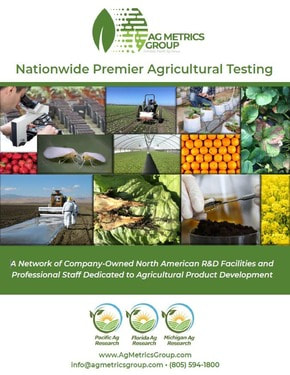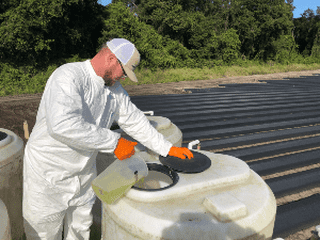Valuable Agronomic Insights in Crop Production & Practice
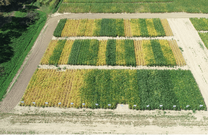
Agriculture in the twenty-first century will involve not only advanced crop protection, but also significant improvements in three basic components of agronomy:
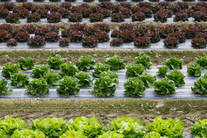
These primary factors must be balanced to optimize returns to the grower and minimize long-term impact to the environment. For example, the irrigation practices in the Southwest must consider the current drought conditions and salinization of our agricultural soils. Drip irrigation, soil penetrants, drought tolerant genetics, anti-transpirants, and other emerging technologies are urgently needed if Western agriculture is to remain sustainable. Similarly, fertilizers and concentrated plant nutrients must be developed and applied in a way that complies with regulatory requirements, but still has maximum benefit to the crop.
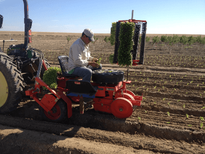
Through a variety of agronomic instrumentation. In agronomic field trials, Ag Metrics Group scientists make discrete measurements of:
The genetics of a crop variety determine many of these agronomic characteristics. Through development and testing of advanced genetics, drought tolerance, pest resistance, nutrition, earliness, ease of harvest, and post-harvest management are optimized. These types of data define the agronomic trial management program at Ag Metrics to evaluate plant health and identify best agricultural practices in this constantly changing environment.
|
|

